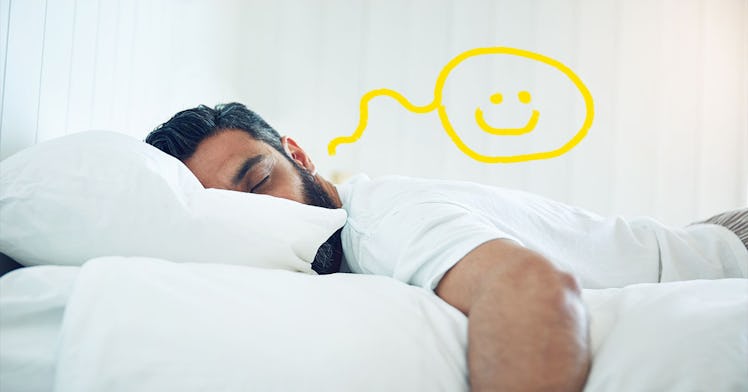Sleep Study Finds Perfect Amount of Sleep Adults Need to Be Healthy
"There appears to be a real sweet spot."

A new study has determined the “sweet spot” of sleep you should be getting every night in order to decrease your risk of Alzheimer’s and other adverse health outcomes.
The study, published in the journal JAMA Neurology, found that getting less than six hours of sleep negatively affects your health in potentially severe ways. Along with increasing your chances of getting Alzheimer’s, not sleeping enough can also increase symptoms of depression and often results in gaining weight. But it also has found that there’s such a thing as too much sleep.
“There appears to be a real sweet spot,” said Dr. Jennifer Ashton, ABC News chief medical correspondent and board-certified OBGYN. “People who got less than six hours of sleep on PET scan brain imaging had a higher rate of these brain plaques that we’ve found in association with Alzheimer’s disease.”
You can be putting your health at just as much of a risk if you sleep too much, explained Ashton, who was not involved with the study.
“However, too much, just as bad. Nine or more hours associated with poor cognitive performance,” said Ashton.
According to the study, the best amount of sleep you can get is 7-8 hours per night, but the general range of 6-9 hours is still a massive boost for your long term mental and physical health.
For the study, experts looked at data from more than 4,000 adults with a mean age of 71.3 years in the United States, Canada, Australia, and Japan. Participants underwent a positron emission tomography (PET) scan to determine “objective and subjective cognitive function measures.” The study confirmed that “short and long sleep durations were associated with multiple adverse health outcomes, highlighting the importance of healthy sleep in aging.”
Interestingly, the pandemic actually caused Americans to get too much sleep. According to the American Time Use Survey (ATUS), which is created by the U.S. Bureau of Labor Statistics, people aged 15 and up reported sleeping an average of 9.1 hours per day (including nighttime sleep and naps) from May-December of 2020.
This article was originally published on